The process of peer review is widely recognised as the key element of quality control in academic publishing and the scientific community more generally. Peer review is the critical appraisal of one’s work by fellow scholars, who read and comment on your manuscript and offered a verdict on its quality, rigour, originality, style, completeness, etc. etc. 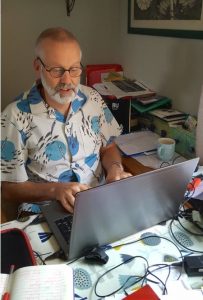
Peer reviewers are typically experts in your field, if not your topic, or who have expertise in the methods you applied or the population or are you studied. They are also academics often with busy day jobs, who act as unpaid peer reviewers, and as journal editors for that matter. Peer reviewers are with full-time jobs who give up their free time to review for academic journals. A recent article by Aczel and colleagues (2021) reported that reviewers across the globe spent over 100 million hours on peer reviewing for free in 2020, the estimated value of this equated to nearly £300 million in the UK alone. This quantifies in some of my feelings I wrote about a decade ago now in a BU Research Blog with the title ‘Peer review and bust academics’.
However, with the ever-growing number of health and social science journals the requests for reviewing seem to grow relentlessly. This month alone (November 2021) I received twenty or 21 requests to review. I have reviewed three manuscripts for Birth, Nepal Journal of Epidemiology, and The Journal of International Development, but I had to reject or ignore many more (see Table 1). I usually do my reviews over the weekend. One weekend this month I could not review because I had to prepare materials for the external auditor who came to visit Bournemouth University for a project recently completed, and this weekend I could not find the time because I’m proof-reading two PhD chapters (and writing this blog).
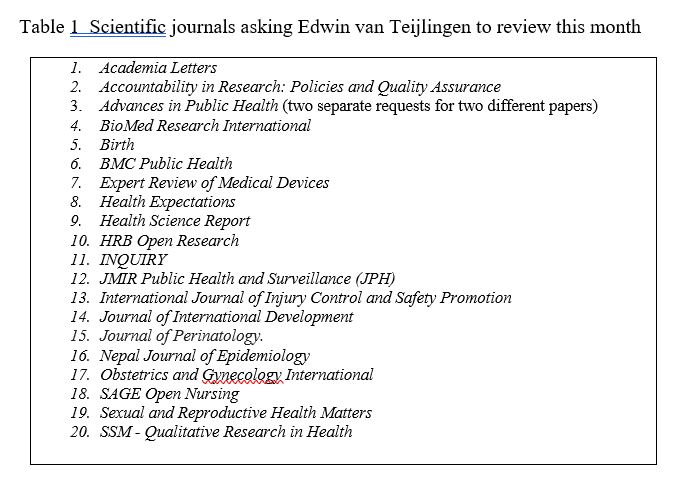
I leave you with some food for thought: academics spent time applying for research funding, then apply for the ethical approval, do the research, we write up the findings, and write blogs about the process!
Prof. Edwin van Teijlingen
Centre for Midwifery, Maternal & Perinatal Health (CMMPH)
Reference:
Aczel, B., Szaszi, B., Holcombe, A.O. (2021) A billion-dollar donation: estimating the cost of researchers’ time spent on peer review. Res Integr Peer Rev 6, 14. https://doi.org/10.1186/s41073-021-00118-2.
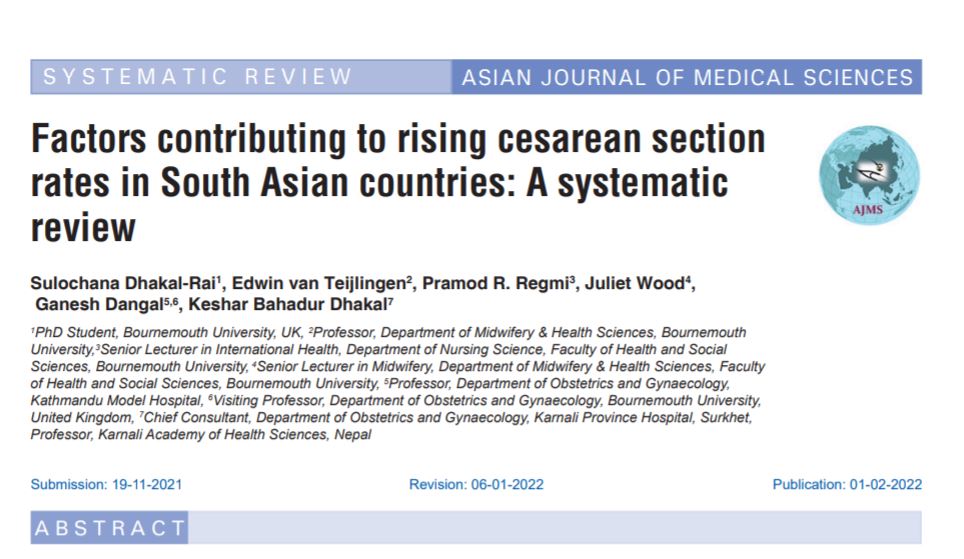 Congratulations to Bournemouth University’s PhD student Sulochana Dhakal-Rai on the publication today of the latest paper from her research thesis. This latest paper ‘
Congratulations to Bournemouth University’s PhD student Sulochana Dhakal-Rai on the publication today of the latest paper from her research thesis. This latest paper ‘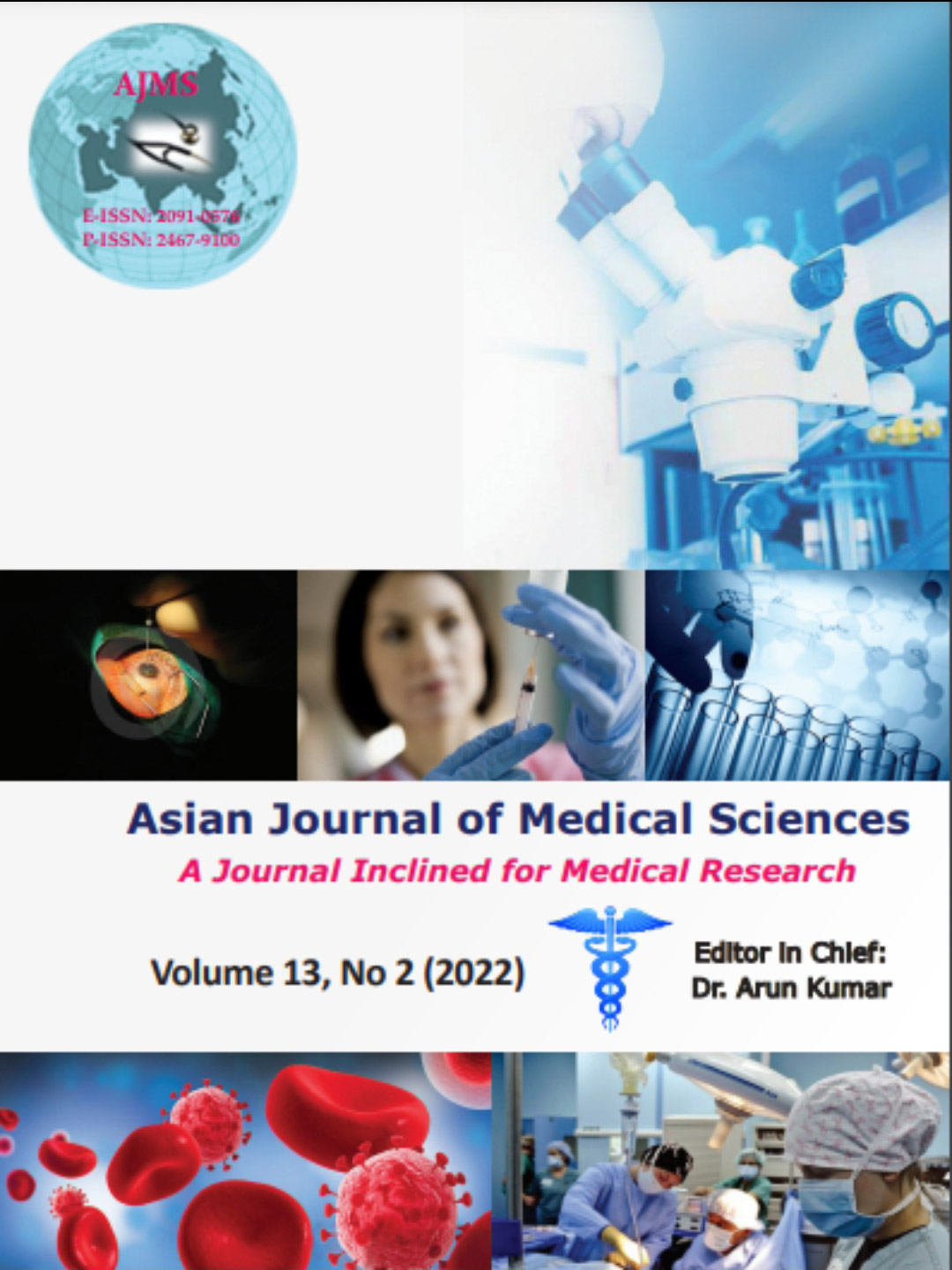 The paper is part of her PhD study of the rising CS rate in Nepal. This systematic review is co-authored with her BU PhD supervisors, Dr. Juliet Wood, Dr. Pramod Regmi and Prof. Edwin van Teijlingen as well as her Nepal-based supervisors Dr. Ganesh Dangel (FHSS Visiting Faculty) and Dr. Keshar Bahadur Dhakal. This is the sixth paper from Sulochana’s interesting and highly topical PhD thesis. The previous five were published in 2018, 2019 and 2021 [2-6].
The paper is part of her PhD study of the rising CS rate in Nepal. This systematic review is co-authored with her BU PhD supervisors, Dr. Juliet Wood, Dr. Pramod Regmi and Prof. Edwin van Teijlingen as well as her Nepal-based supervisors Dr. Ganesh Dangel (FHSS Visiting Faculty) and Dr. Keshar Bahadur Dhakal. This is the sixth paper from Sulochana’s interesting and highly topical PhD thesis. The previous five were published in 2018, 2019 and 2021 [2-6].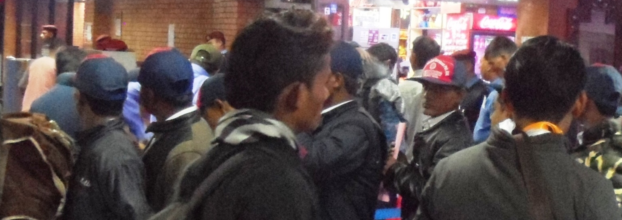

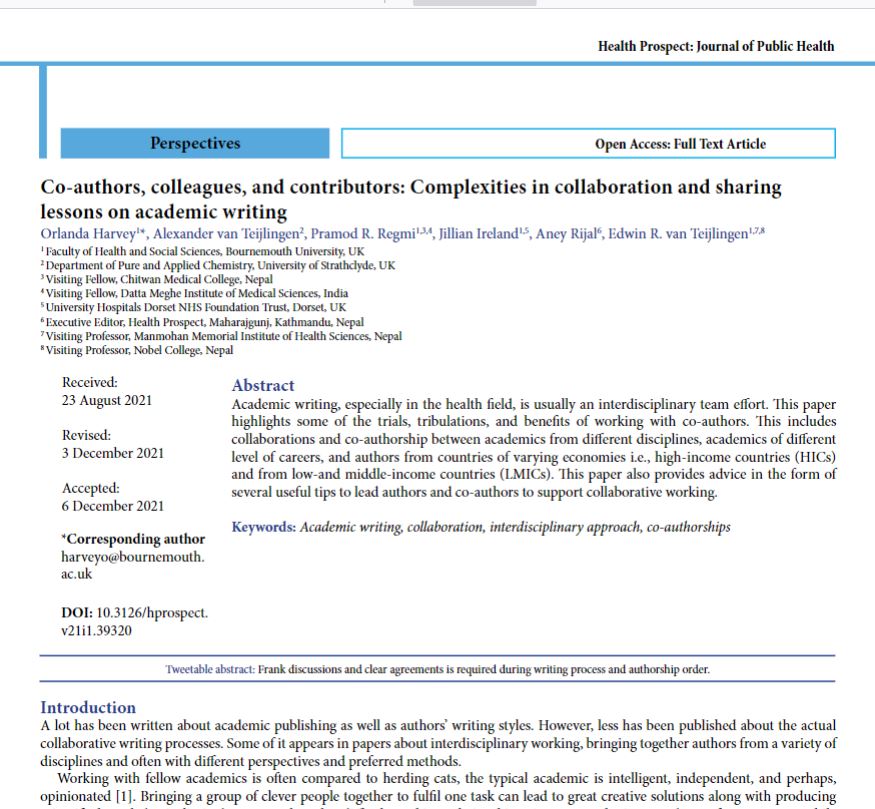
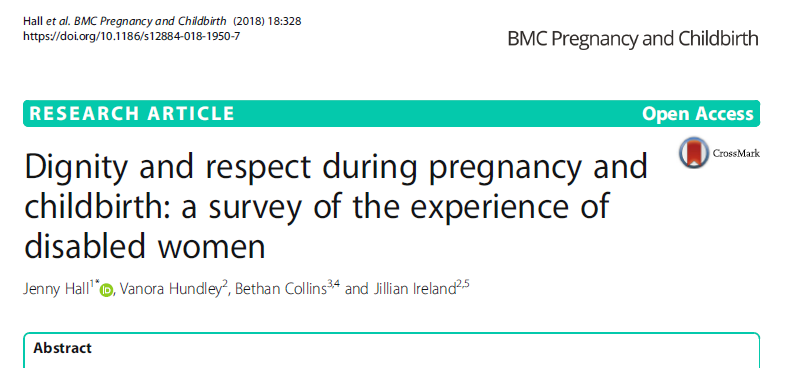
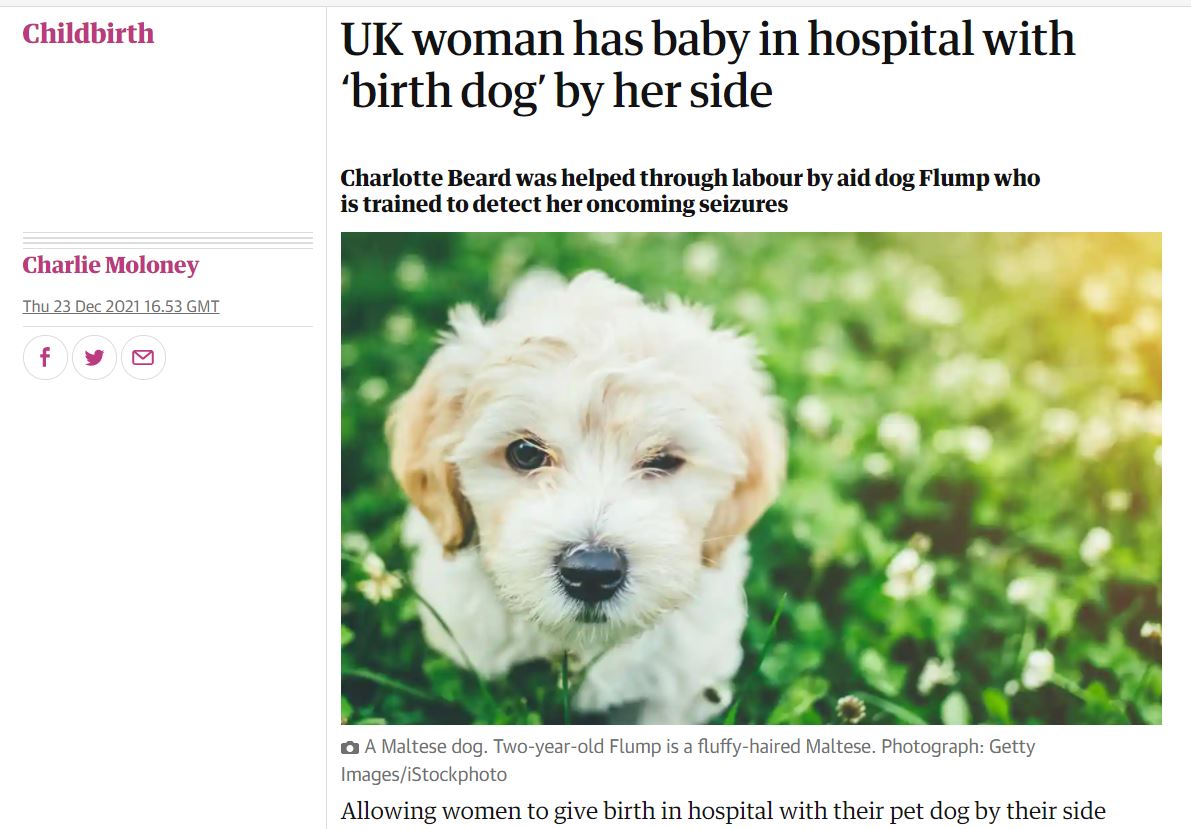
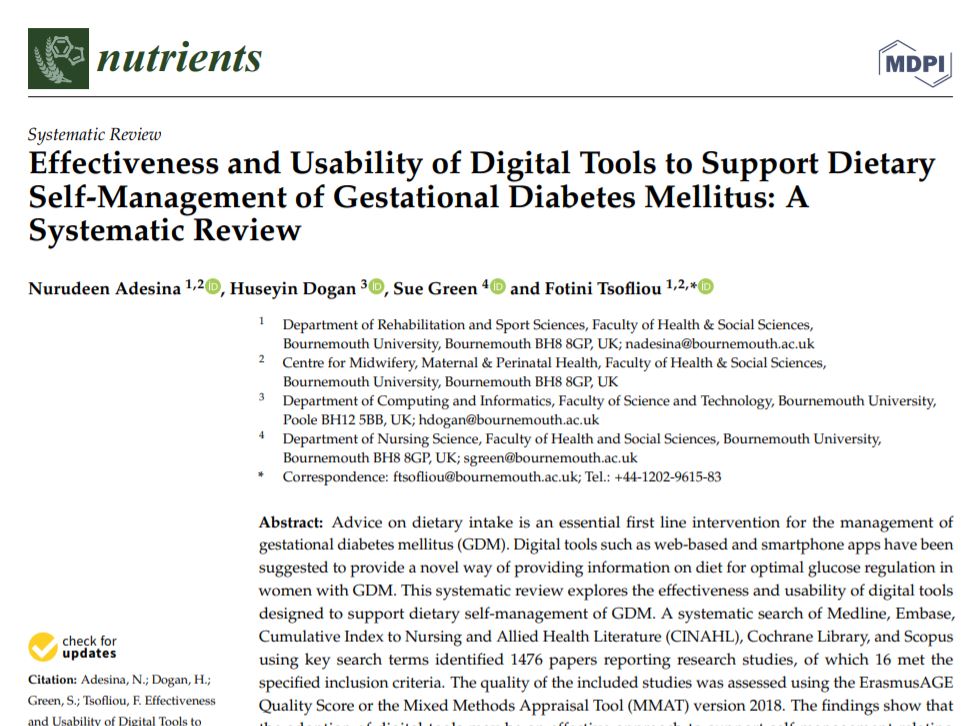
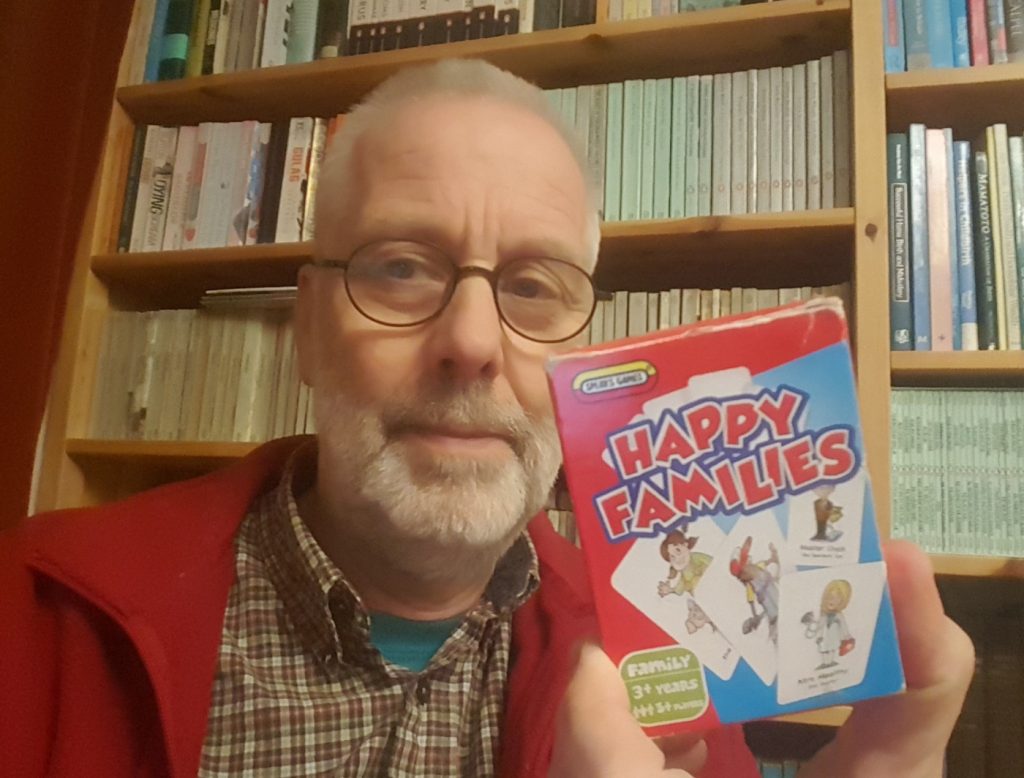
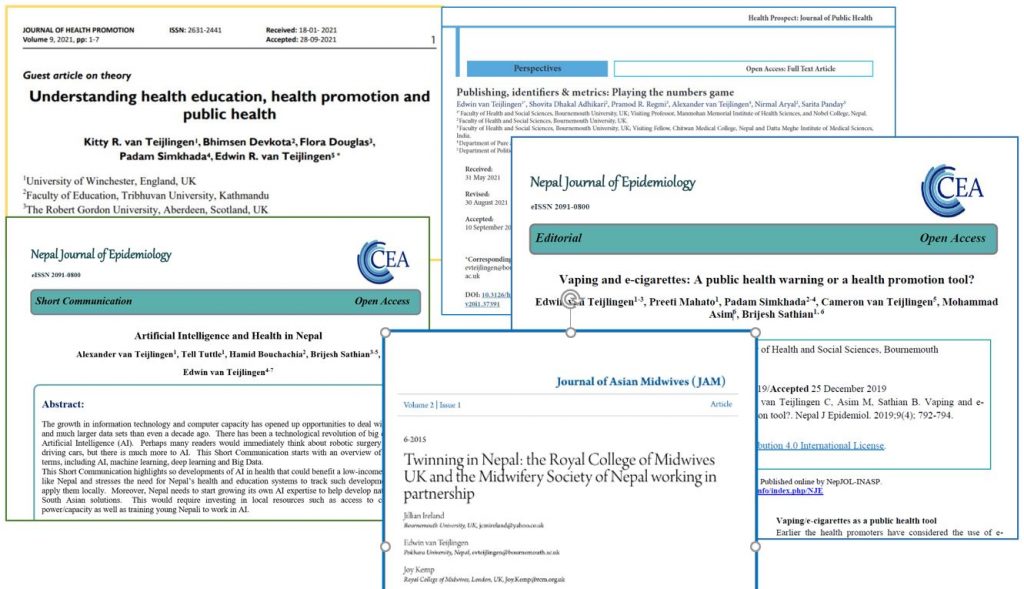

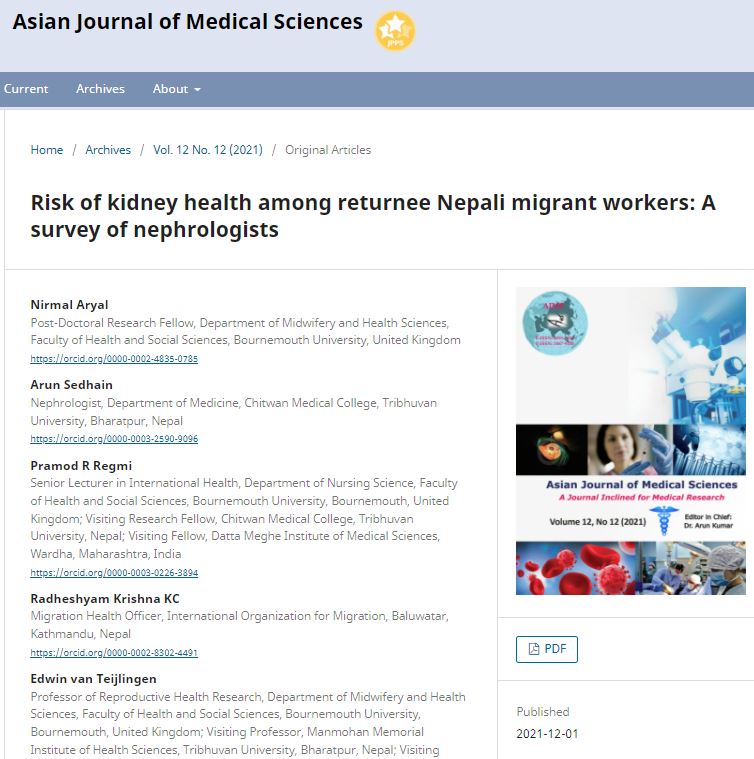

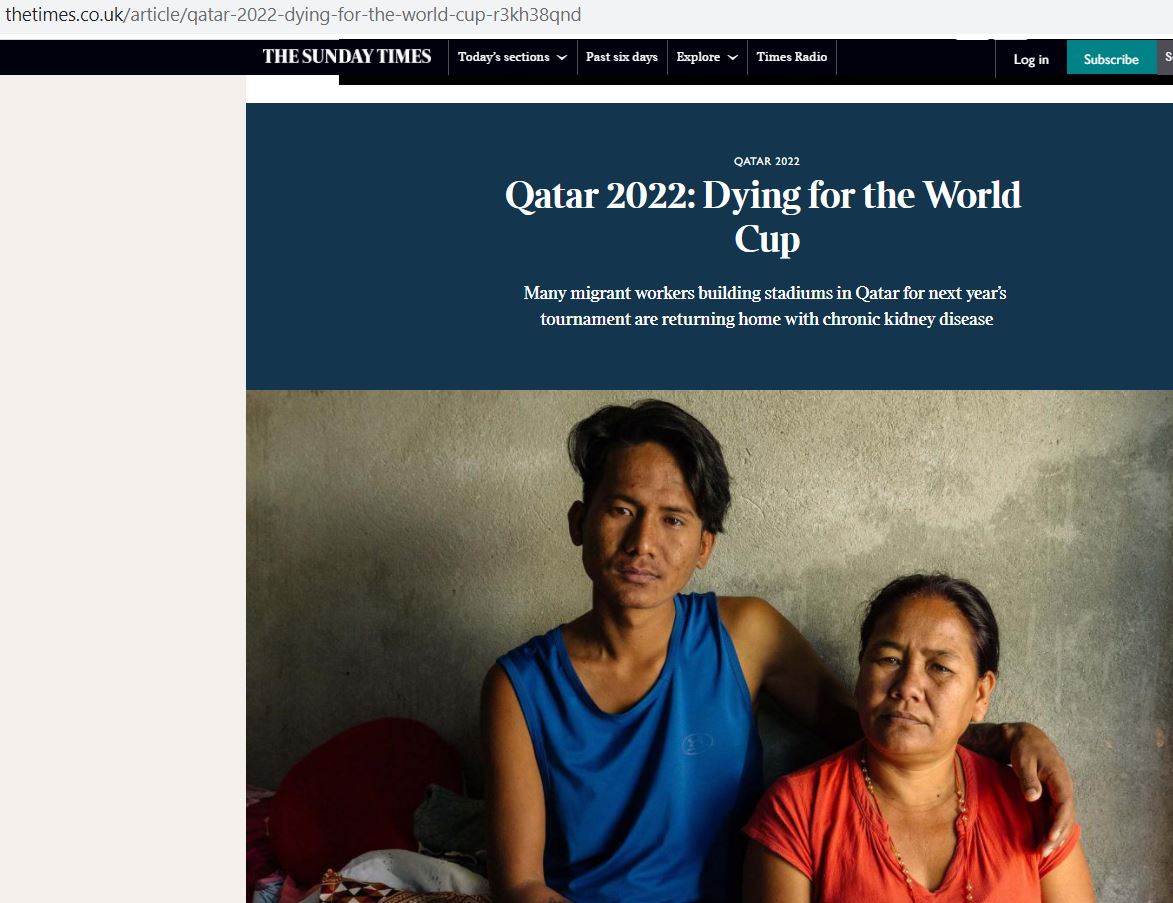


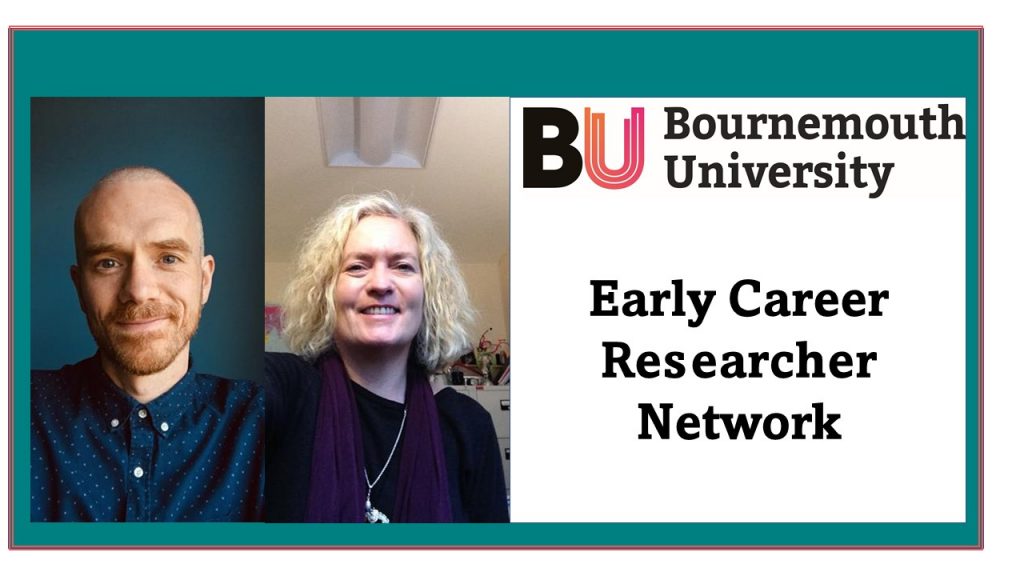

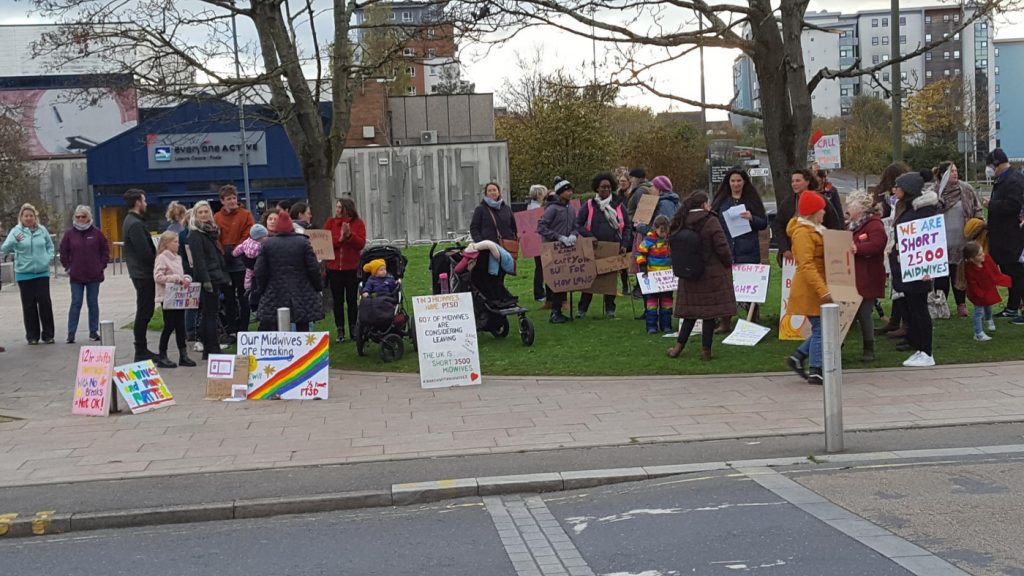
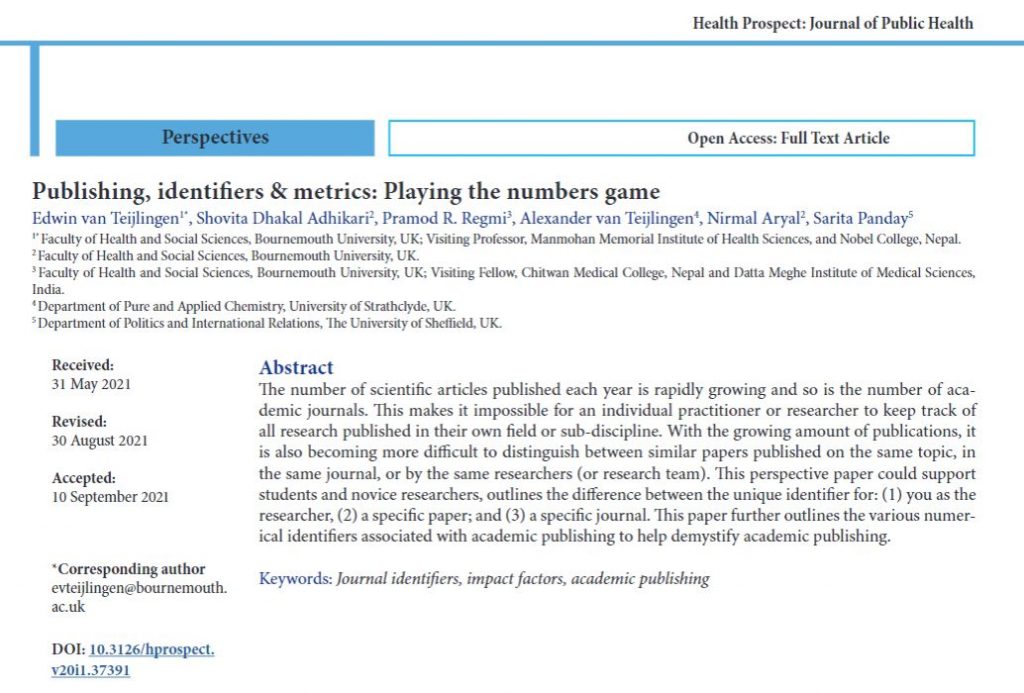
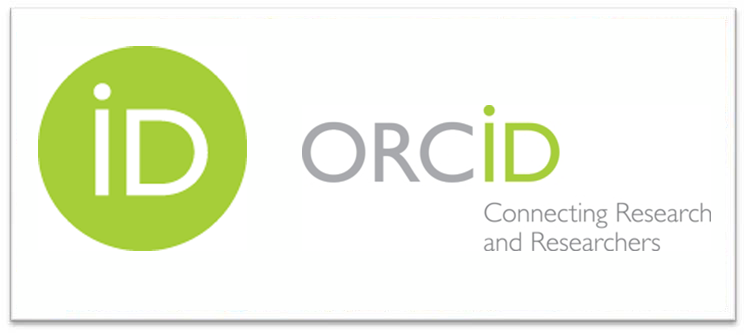












 Beyond Academia: Exploring Career Options for Early Career Researchers – Online Workshop
Beyond Academia: Exploring Career Options for Early Career Researchers – Online Workshop UKCGE Recognised Research Supervision Programme: Deadline Approaching
UKCGE Recognised Research Supervision Programme: Deadline Approaching SPROUT: From Sustainable Research to Sustainable Research Lives
SPROUT: From Sustainable Research to Sustainable Research Lives BRIAN upgrade and new look
BRIAN upgrade and new look Seeing the fruits of your labour in Bangladesh
Seeing the fruits of your labour in Bangladesh ECR Funding Open Call: Research Culture & Community Grant – Apply now
ECR Funding Open Call: Research Culture & Community Grant – Apply now ECR Funding Open Call: Research Culture & Community Grant – Application Deadline Friday 12 December
ECR Funding Open Call: Research Culture & Community Grant – Application Deadline Friday 12 December MSCA Postdoctoral Fellowships 2025 Call
MSCA Postdoctoral Fellowships 2025 Call ERC Advanced Grant 2025 Webinar
ERC Advanced Grant 2025 Webinar Update on UKRO services
Update on UKRO services European research project exploring use of ‘virtual twins’ to better manage metabolic associated fatty liver disease
European research project exploring use of ‘virtual twins’ to better manage metabolic associated fatty liver disease